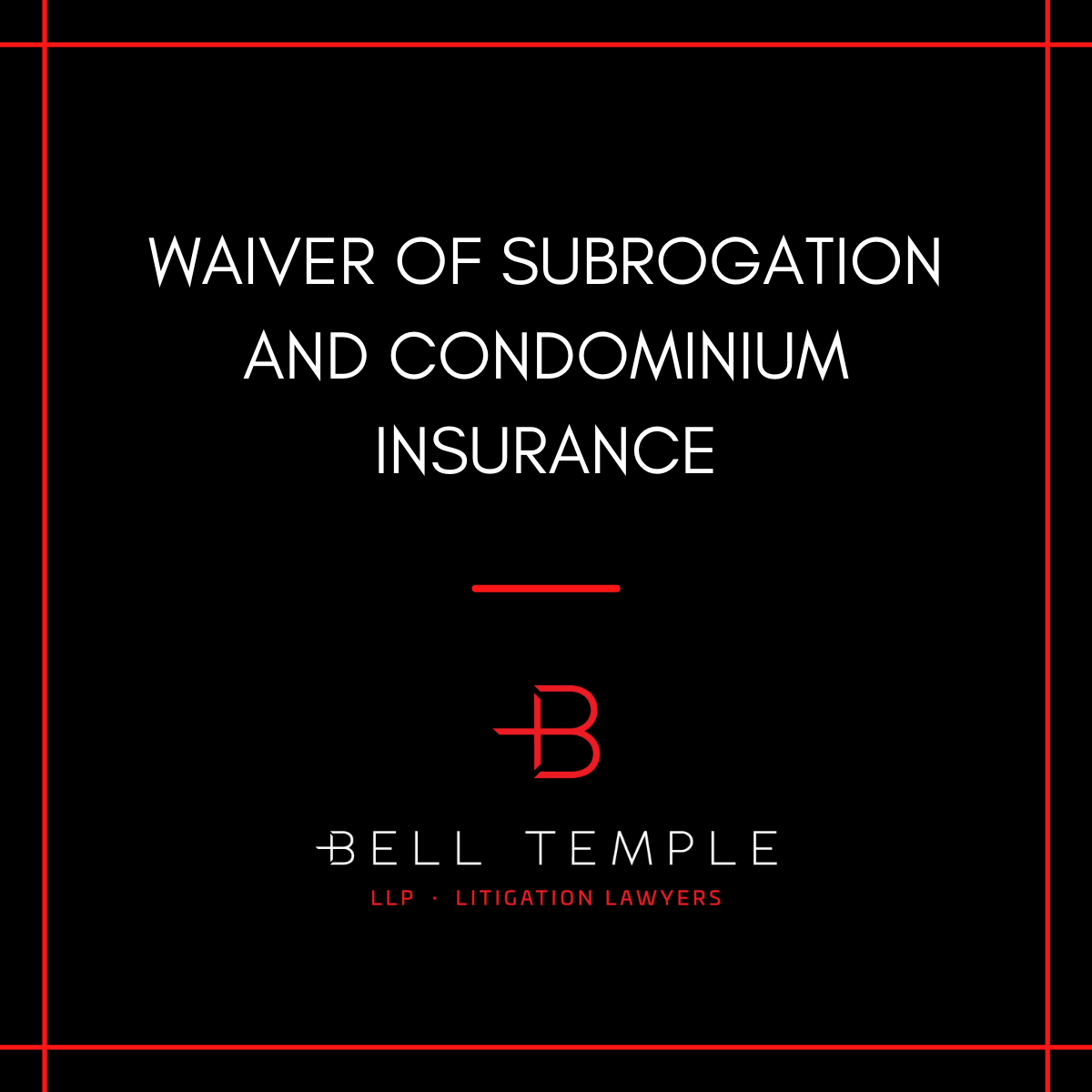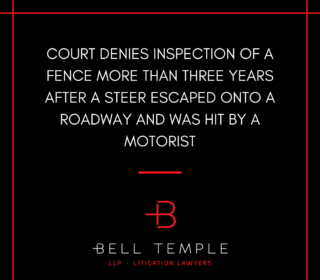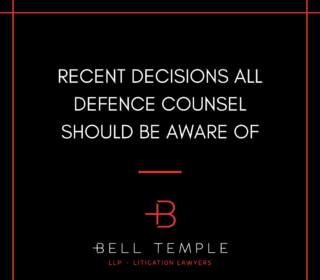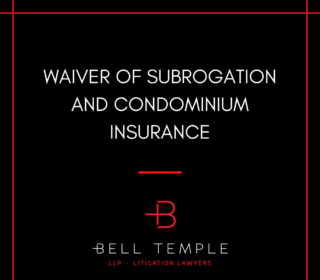The Condominium Act, 1998 (the “Act”) gives power to the condominium corporation to alter its obligations towards its unit owners. For unit owners it means that they must agree with and follow the Act as well as the condominium corporation’s governing documents. The governing documents such as the declaration, rules, and by-laws of specific condominium communities are a great way to stay informed both as an owner and insurer. Each condominium corporation plays by its own rules as there is no standard form of declaration mandated by statue rather condominium corporations create their own.
What is Subrogation?
Subrogation is the legal process whereby an insurer, after indemnifying its insured, assumes its insured’s right to take legal action and recover the amount paid to the insured under the insurance policy as against a third party who is liable for causing the damages. Since the insurer’s right to subrogate is derivative, the insurer is subject to the same limitations that the insured would be when seeking recovery from third parties.
Waivers of Subrogation
It is very common to see condominium declarations requiring insurance policies to contain “waiver of subrogation” clauses which are mostly drafted in favour of the condominium corporation. This means that in the event of an insurable loss, the insurance company of the unit owner is unable to exercise its right of subrogation against the Corporation and other parties captured by the declaration.
Waivers of subrogation can be used as complete bars to a plaintiff’s claim. The insurer needs to make sure it has access to the declaration from the beginning.
The waiver of subrogation clause may include several parties such as the corporation, manager, agents, employees, owners, residents, invitees, etc. which can be protected from a possible claim. One must pay attention to the wording of the declaration. Most declarations do not include tenants. If the declaration does not capture tenants as a party, even if the owner chooses to obtain property insurance, the obligation to have the policy include a waiver of subrogation rights does not extend to a tenant that may not be protected under the waiver of subrogation. Courts have found that the relationship between an owner and a tenant is instead governed by the Landlord and Tenant Act and the word “owner” in the policy and applicable legislation did not include “tenants”.
Insurance Requirements
Waivers of subrogation clauses are common in condominiums. Under section 99 of the Condominium Act, corporations are obligated to maintain insurance on behalf of the condominium corporation and the owners for damages to both the common elements and units made by major perils. The condominium insurance usually only covers the bases of the unit meaning the units will be returned to their state described in the “standard unit” definition as per the condominium’s documents. Generally, the owners are responsible for improvements to their units. Therefore, a waiver of subrogation clause generally prevents claims that could overwhelm the corporations.
Deductibles
Both, the insurers and the owners must keep in mind that deductibles are not impacted by the waiver of subrogation clauses. Many condominium corporations have large insurance deductibles for property damage claims. Section 105(1) and (2) of the Condominium Act allows a condominium corporation to pass the risk of amounts within the deductible on to unit owners. The Act permits by-laws to be created extending to circumstances where the unit owners become responsible and liable for these costs in the event the damage is from their unit irrespective of any act or omission and for damage to other units and the common elements. In some circumstances, the owner may be responsible for paying the lesser of the entire deductible or the cost of the repair.







